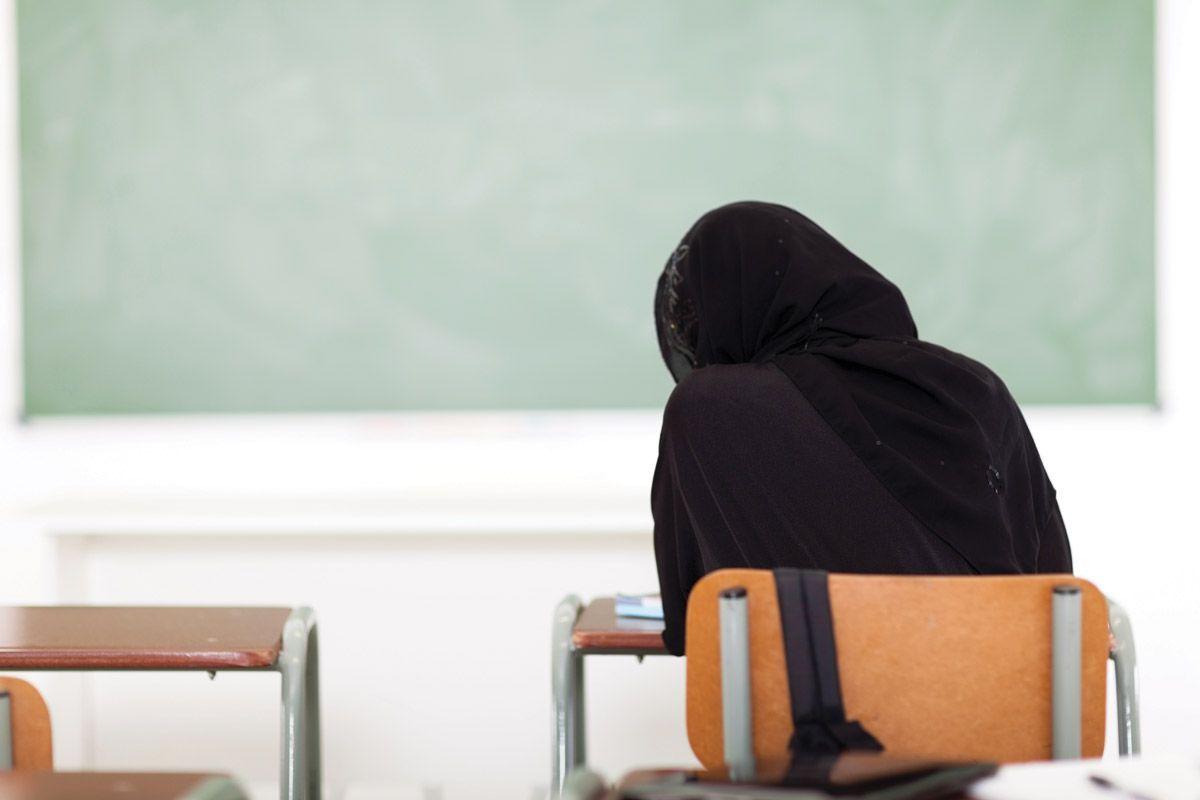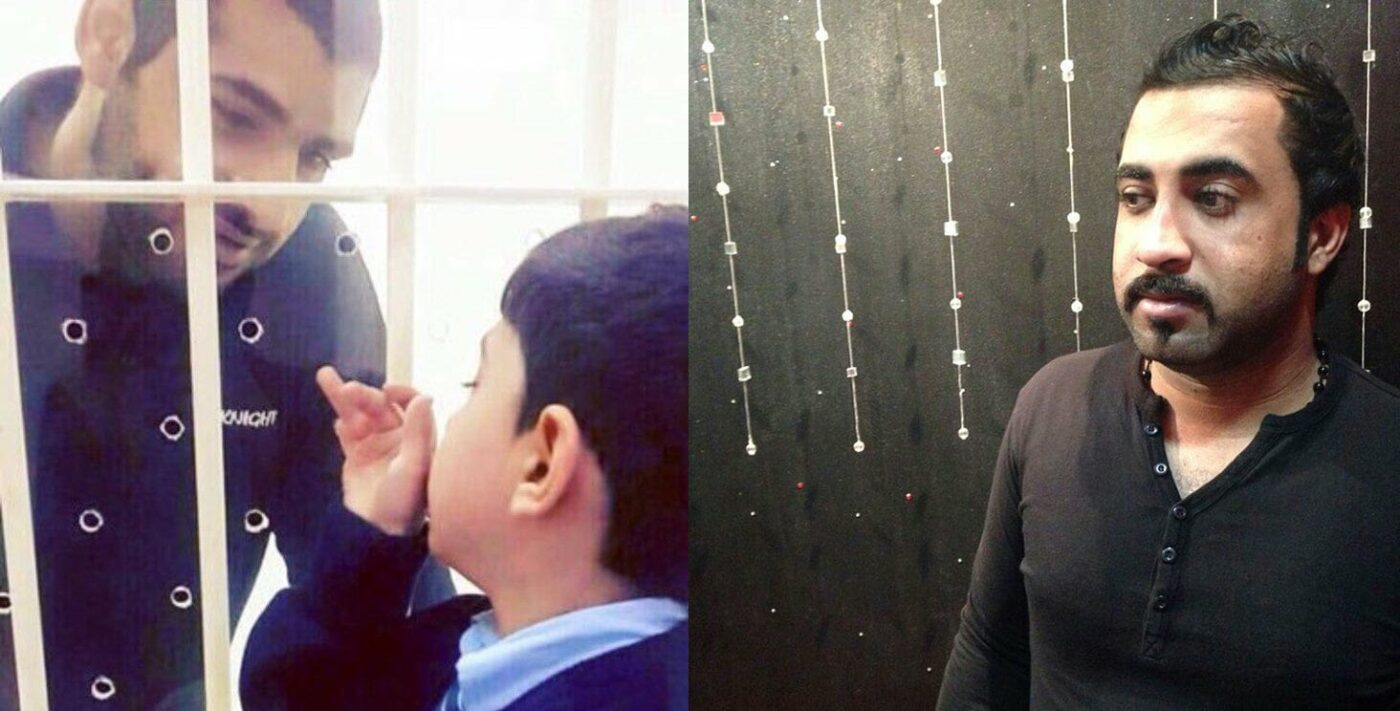In 2004, Formula 1 (F1) declared its Grand Prix races in Bahrain. Headlines were made as Bahrain hosted the first race of its kind in the Middle East. It was celebrated so much to be given the title for best organized grand prix by the Federation Internationale de l’Automobile (FIA). The races continued throughout seasons,[…]
Context and Background The evolution of women’s access to education in the Gulf Cooperation Council (GCC) countries – Bahrain, Kuwait, Oman, Qatar, Saudi Arabia, and the United Arab Emirates – presents gradual but progressive advancements, reflecting broader societal transformations in the region. In the early 20th century, education for women was traditionally limited, as cultural[…]
Context of migration in Saudi Arabia The context of migration in Saudi Arabia is shaped by a complex mix of economic needs, labor dynamics, social policies, and geopolitical factors. Saudi Arabia is one of the largest destinations for migrant workers in the Middle East, with 39 percent of international migrants comprising the total population. Its[…]
Introduction Mohammed Ramadan and Hussain Moosa are two Bahraini citizens who became internationally known due to their controversial legal cases in Bahrain. Both men were arrested in February 2014 and subsequently sentenced to death, sparking widespread criticism from human rights organisations worldwide. The circumstances surrounding their arrests, interrogations, and trials have been widely condemned, particularly[…]
Introduction When we refer to digital rights—in this example, Bahraini rights—we refer to a wide set of human rights that are exercised and defended in the digital sphere. These include liberties like privacy, information access, and freedom of speech. As digital platforms are becoming increasingly important in social, political, and economic life, these rights have[…]
- 1
- 2









